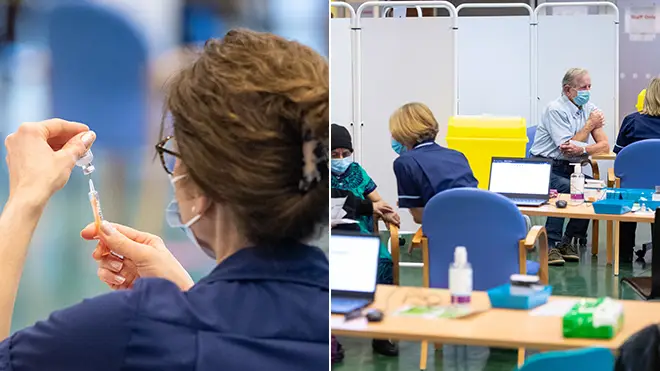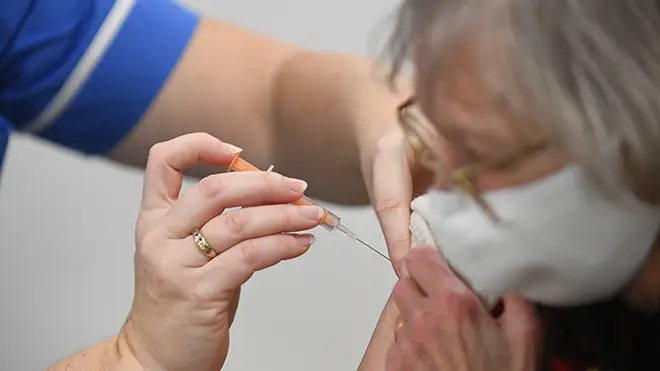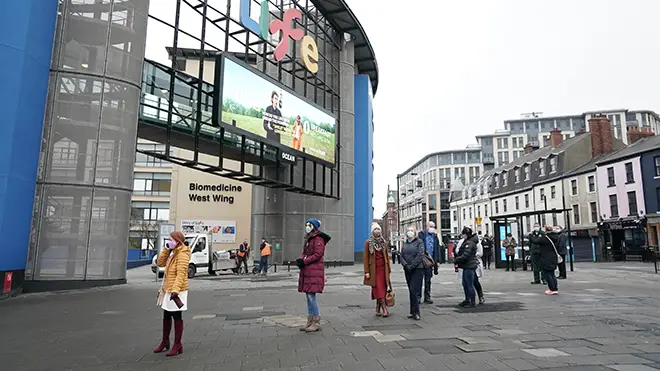
Paul Brand 3pm - 6pm
11 January 2021, 10:55

England’s mass coronavirus vaccination rollout has begun as the pandemic reaches its worst point - so where are the new hubs and who is eligible for the vaccine first?
The Covid-19 vaccination hubs are up and in action in England as the beginning of the mass rollout officially begins to get those most vulnerable immunised against coronavirus.
A total of seven vaccination hubs have opened across the country so far, with letters being sent out to those who are eligible to come and have their jab first.
Currently, the coronavirus pandemic has reached an all-time high in the UK with the highest death tolls so far and the NHS hospitals close to reaching capacity, making the third lockdown and the vaccination roll out more important than ever.
Oxford vaccine information: How many doses you need and how the live vaccine works
Here’s where the Covid-19 vaccine hubs are located, how they work and who is eligible for the vaccine at this stage:


Teachers' vaccine prioritisation 'under review'
Currently there are seven coronavirus vaccine hubs located across the country. They are in:
Centre For Life, Newcastle
Robertson House, Stevenage
ExCel Centre, London
Epsom Downs Racecourse, Surrey
Ashton Gate Stadium, Bristol
Millennium Point, Birmingham
Etihad Tennis Centre, Manchester
GPs are also preparing for the roll out of the vaccine along with more mass vaccination centres.

To begin with, all those over the age of 80 are being sent letters inviting them to book their Covid vaccination at one of the centres.
If a journey is too far, they will be given closer options soon but it will slightly delay their immunisation.
The plan is to have the centres open for 12 hours a day with larger-scale plans to follow.
Wales and Scotland will be outlining their vaccine plan soon.
The aim is to vaccinate the majority of the top four priority groups by mid-Feb. This includes:
- Those aged 80 and over and frontline health and social care workers.
- Those aged 75 and over.
- Those aged 70 years and over and people deemed to be clinically extremely vulnerable.
- Those aged 65 and over.
The priority categories then go down in age as well as including al those between 16-64 with underlying health conditions.